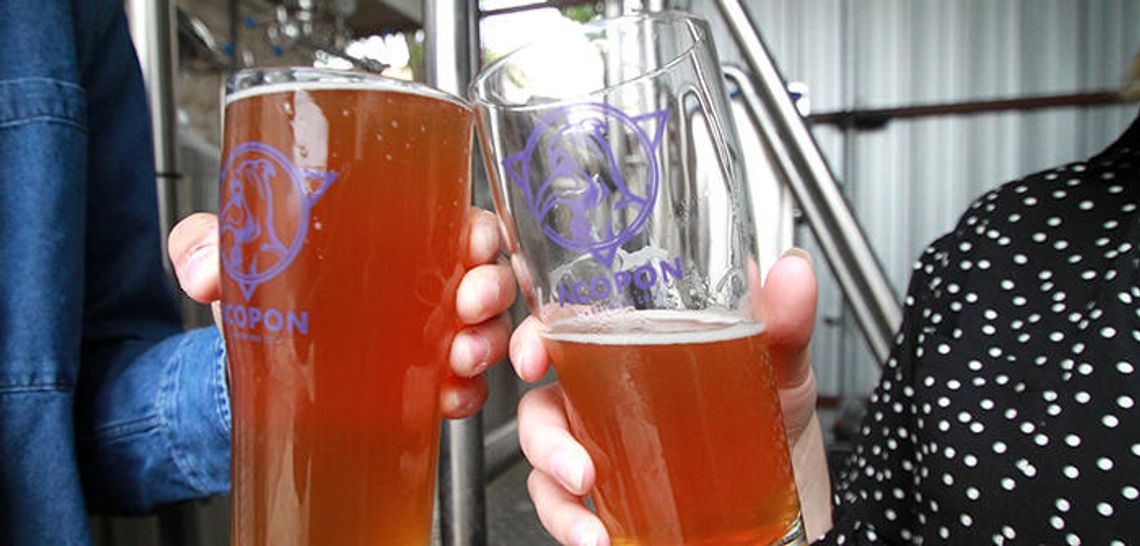Craft beer enthusiasts took a narrow victory last week when the Texas House of Representatives passed a bill that would allow to-go sales of alcohol directly from breweries.
House Bill (HB) 672, authored by State Rep. Eddie Rodriguez (D-Austin) and State Sen. Dawn Buckingham (R-Lakeway, also known as the “Beer-to-Go bill,” would allow consumers to buy 576 ounces, roughly two cases, of beer per day from small brewers.
HB 62 also encompassed a historic agreement between the Texas Craft Brewers Guild and the Beer Alliance of Texas. If the bill is approved, Texas would join 49 other states in the U.S. that allow beer-to-go sales from breweries.











